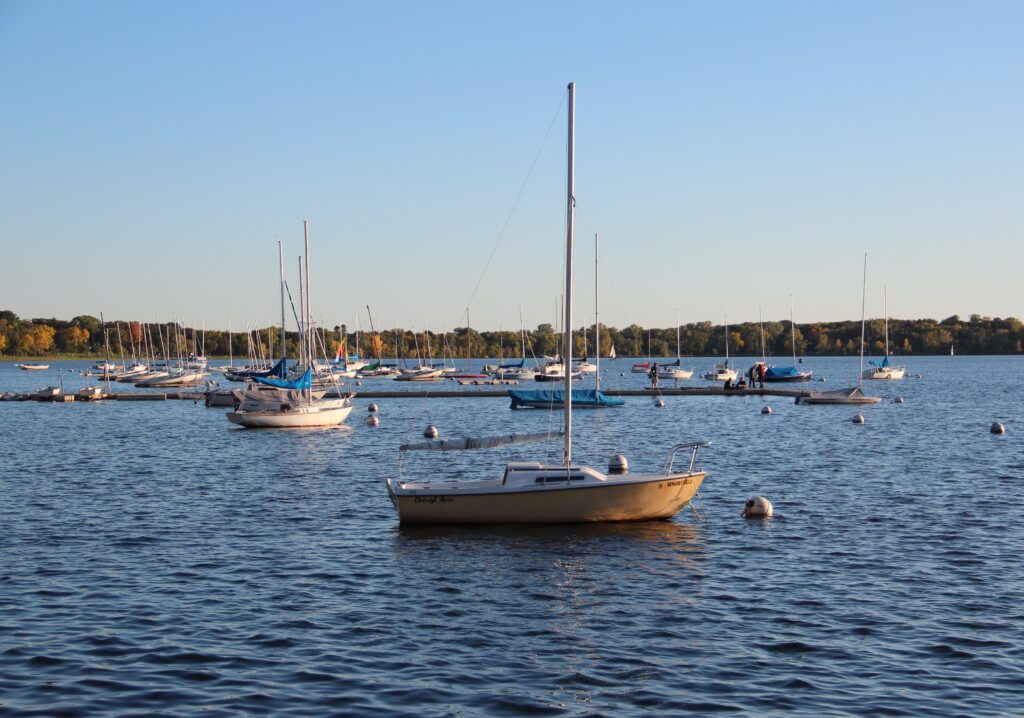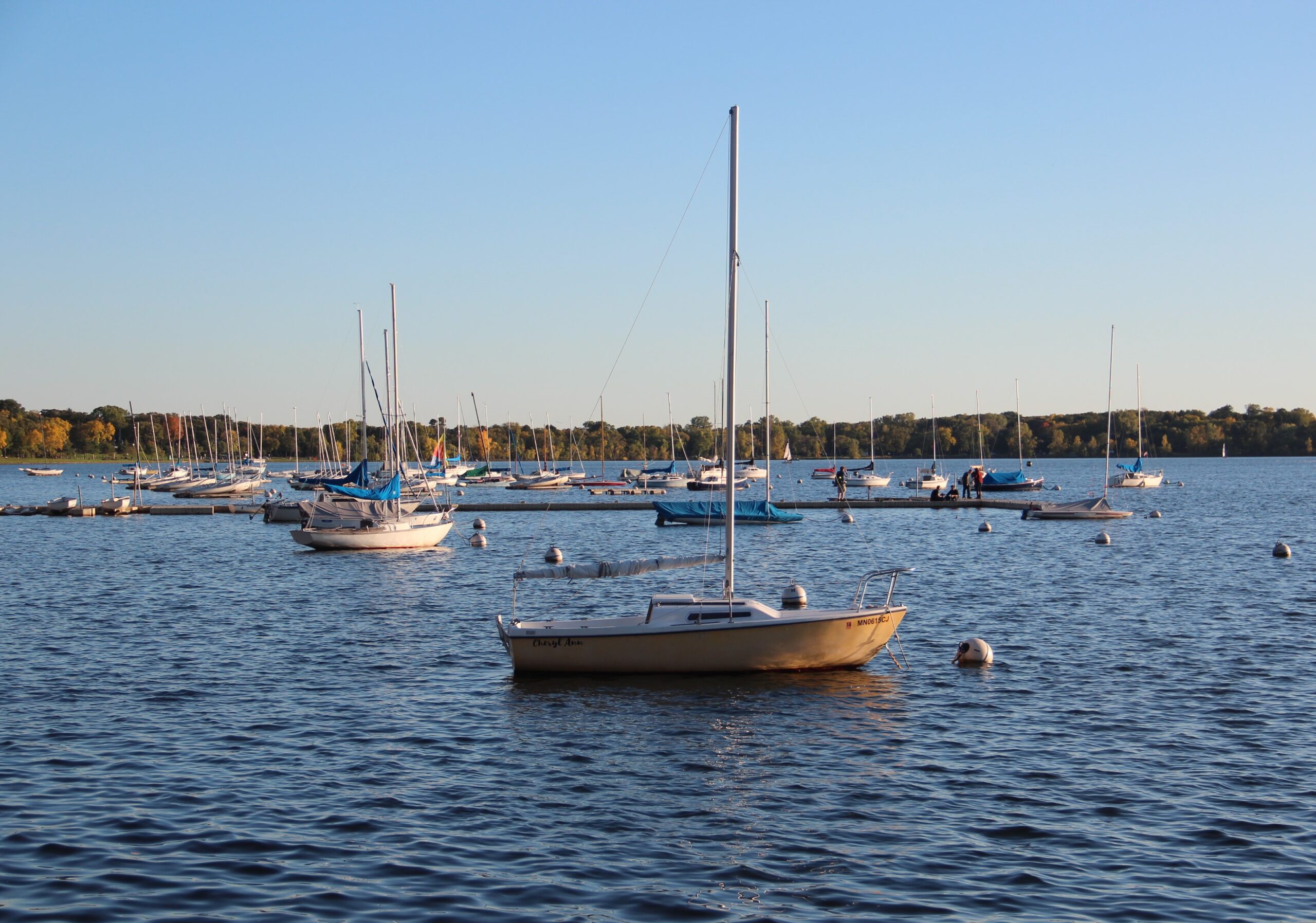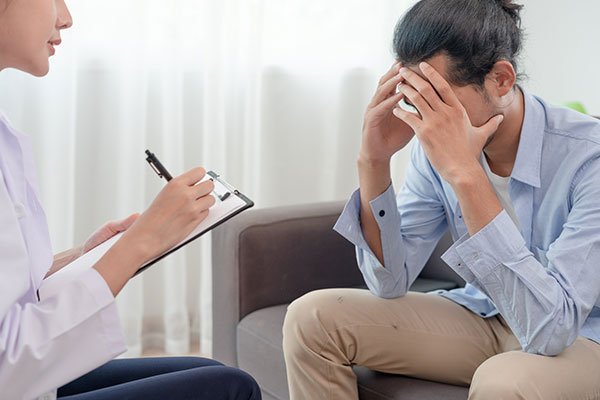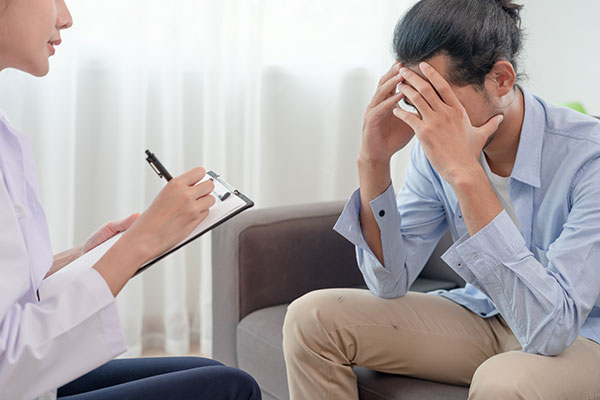Best Sober Activities in Minneapolis
Minneapolis, a vibrant city known for its beautiful lakes, bustling arts scene, and friendly Midwestern charm, offers a plethora of activities that don’t revolve around alcohol.
Whether you’re embracing sobriety, participating in Sober October, or simply looking for alternatives to the typical bar scene, Minneapolis has something special for everyone.
This article explores the best sober activities in the city, ensuring you can enjoy the rich culture and natural beauty of Minneapolis without the need for a drink in hand.

Connect with Nature
Exploring the Chain of Lakes
One of Minneapolis’s crowning jewels is its Chain of Lakes, comprising Cedar, Isles, Bde Maka Ska, and Harriet. These beautiful lakes offer walking and biking paths, canoeing, and stand-up paddleboarding opportunities. Spending a day by or on the water is a serene way to connect with nature and enjoy the city’s natural beauty.
Minnesota Landscape Arboretum
Just a short drive from Minneapolis, the Minnesota Landscape Arboretum is a nature lover’s paradise. With over 1,200 acres of gardens, tree collections, and prairie, it’s the perfect spot for a peaceful walk, photography, or simply soaking in the tranquil surroundings.
Immerse in the Arts
Minneapolis Institute of Art
Art enthusiasts will revel in the Minneapolis Institute of Art (MIA), which offers free admission to its permanent collection, housing over 90,000 works of art spanning 5,000 years. The museum’s diverse collection, from ancient artifacts to contemporary pieces, ensures there’s something to intrigue every visitor.
Catch a Show at the Guthrie Theater
For those who love live performances, the Guthrie Theater presents a variety of plays throughout the year, ranging from classic Shakespeare to contemporary works. Beyond the performances, the theater’s architecture and the stunning views of the Mississippi River from its Endless Bridge make it a must-visit.
Adventure and Learning
Biking the Grand Rounds Scenic Byway
Minneapolis is one of the best cities in the U.S. for biking, thanks to its extensive network of bike paths. The Grand Rounds Scenic Byway is a 50-mile loop connecting parks, lakes, and the Mississippi River, offering both a great workout and a unique way to see the city.
Visit the Science Museum of Minnesota
The Science Museum of Minnesota, located in nearby Saint Paul, is an educational and fun destination for all ages. With interactive exhibits on technology, natural history, physical science, and more, it’s a place where curiosity is rewarded, and learning feels like an adventure.
Embrace the Community
Minneapolis Farmers Market
Experience the local flavor and community spirit at the Minneapolis Farmers Market. It’s not just about fresh produce; it’s a place to enjoy artisan foods, local crafts, and the vibrant atmosphere of Minneapolis’s community life.
Volunteer Opportunities
Engaging in volunteer work is a rewarding way to spend your time and give back to the community. Minneapolis offers numerous volunteer opportunities, from environmental projects to food banks, where you can make a difference while meeting like-minded individuals.
Final Thoughts
Minneapolis is a city that celebrates life in many forms, proving that fun and fulfillment don’t have to be alcohol-related. From its natural wonders and art galleries to its theaters and community events, there’s a wealth of sober activities waiting to be explored.
Whether you’re a local or a visitor, embracing these experiences can offer new perspectives on enjoyment and leisure, all while discovering the heart and soul of Minneapolis.




